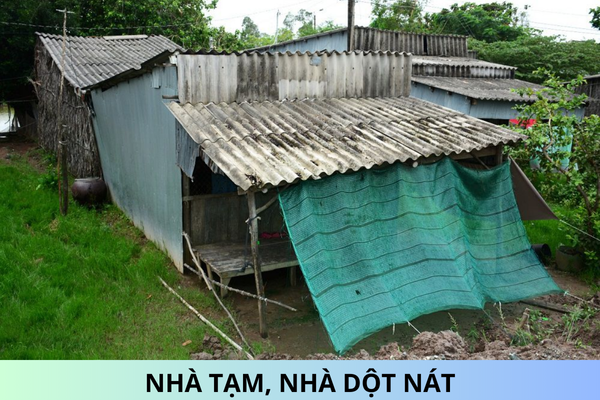Inheriting Land from a Household: How to Divide the Assets?
Distribution of Family Inherited Land and Legal Validity of a Will
Question:
How is property distributed when inherited from a family household? What makes a will legally valid? My family has 2 siblings; my mother passed away leaving a will allocating all assets to my older brother, but the land use right certificate is under the family's name. In this case, how will the inheritance be divided? I seek advice from a lawyer to clarify this matter.How to divide the estate when inheriting the land of a household?
Pursuant to Clause 29, Article 3 of the Land Law 2013, regulations on the land of households are as follows:
- Households using land are those who have marital, blood, or adoptive relationships as prescribed by the law on marriage and family, living together and having joint land use rights at the time the State allocates land, leases land, or recognizes land use rights; receiving land use rights transfer.
Thus, the land of the household is jointly used and not owned exclusively by any individual. Therefore, this land does not belong entirely to your mother but is only a part of it. When dividing the inheritance to your brother, your brother will also only receive a portion of what your mother owns.
How to distribute assets in a will legally?
Pursuant to Article 630 of the Civil Code 2015, regulations on a valid will are as follows:
- A valid will must meet the following conditions:
a) The person making the will is of sound mind and aware during the will-making process; not being deceived, threatened, or coerced;
b) The content of the will does not violate the prohibitions of the law and is not contrary to social morals; the form of the will is not contrary to the provisions of the law.
A will made by a person from full fifteen years to under eighteen years of age must be in writing and must be consented to by their parent or guardian.
A will made by a person with physical disabilities or by someone who is illiterate must be witnessed and notarized or authenticated.
A written will without notarization or authentication is only considered valid if it meets all the conditions stipulated in Clause 1 of this Article.
An oral will is considered valid if the testator expresses their final will in front of at least two witnesses and immediately after expressing their final will, the witnesses record and sign or fingerprint it. Within 05 working days from the date the testator expresses their final will, the oral will must be notarized or authenticated by a competent authority to verify the signatures or fingerprints of the witnesses.
Hence, if your mother's will is verified as valid, your brother will receive a portion of your mother's land according to the will. If it is not valid, the inheritance will be divided according to the law, whereby the land will be equally distributed among the first heirs.
Respectfully!










